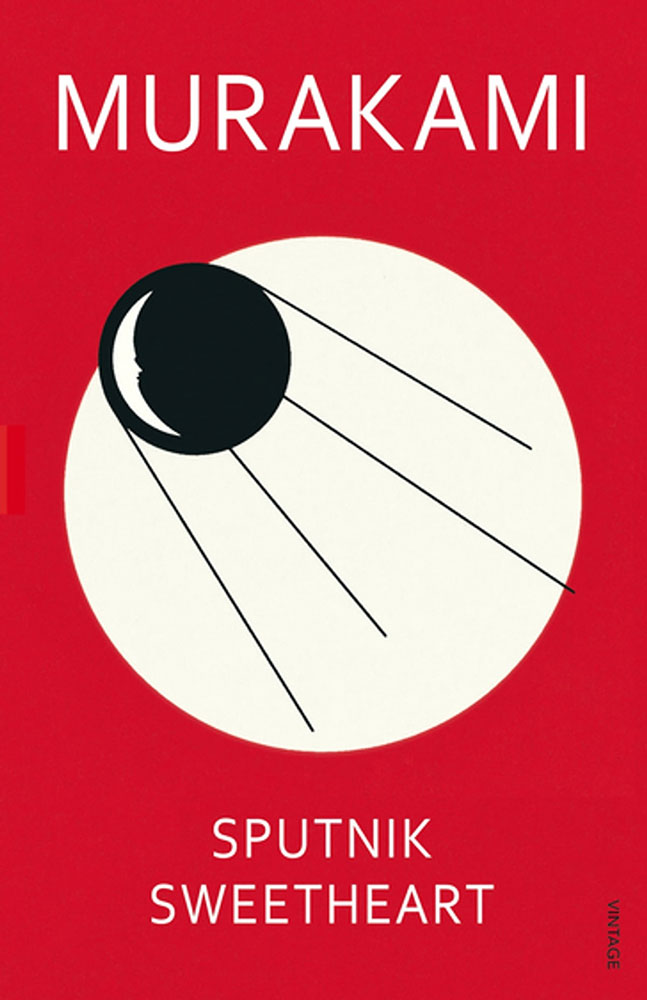Poetic. Sensual. Walking the line between past and present, Murakami uses powerful words and beautiful descriptions to solidify his grasp on the reader. I was captivated from the very beginning. His writing has this flow to it that is irreplaceable—the way he puts words together allows the writing to come to life. Every description is unique, bizarre, and twisted. Ideas that one would not even place together were compared through similes, metaphors and other figures of speech. While I thoroughly enjoyed his descriptions and characterisation, there were quite a few things lacking, according to me.
As a reader, I want to be transported to a world where I do not exist. Murakami pulled me in at the beginning, but that hold on me did not last. Then, the hold resurrected itself at the late mid-section of the book. The words in between the early mid-section and the beginning did nothing for me. As a reader, I want a book that I cannot put down if I wanted to. This did not captivate me as much, unfortunately. Not in the way I wanted it to. Murakami is one of my favourite authors, however, so I admit I did have high expectations. But this book only came close to those expectations at the end (which was stunning, by the way).

Yet, I loved the idea of the main character exploring her sexuality in a way that she was not sexualised or objectified. It honestly surprised me that it was portrayed in such a manner, especially since this was written by a male author. The way he allows abnormal things to occur to normal people adds such a bizarre yet dreamy dimension to his work. Everything happens for a reason. Nothing goes unnoticed or uncultivated. The smoothness with which he expanded the plot and added subplots was so straightforward yet so descriptive.
I loved the characterisation. It was oddly specific but also vague at the same time. Anyone with that specific trait or way of thinking could embody the character. I could be any character I wanted to be, at any point in the story. Each character had so much depth to the point where they were walking the tightrope of fictional, mystical and real. I specifically adored the way the main character, Sumire, was portrayed. She accepted her sexuality with ease and expressed her love for a woman to the narrator like she was talking to him about the weather. The casualness of this allows topics like love and sexuality to become more mundane and normalized. I loved that aspect of his writing as well
Overall, I believe the end was the best part of this book. The inexplicable occurred, and the reader was forced to find an explanation. This gave birth to so many theories in my head, and I loved the way it made me think. Was it a figment of the narrator’s imagination? Was it real? If it was real, how was it possible?
This was a book crawling with ideas. At first, these ideas did not come across as well developed, but slowly, they blossomed into something quite beautiful. Something memorable, something that can be ingrained in my mind forever. It explores themes no one else dares to explore, speaks with a bluntness that barely any author uses. It’s so real and mundane and dreamy at the same time. The end solidified it for me. The end made the tumultuous beginning worth it. It all comes down to the end.
”With questions swirling in my mind and a curious disposition, I finished the book, satisfied with my read.